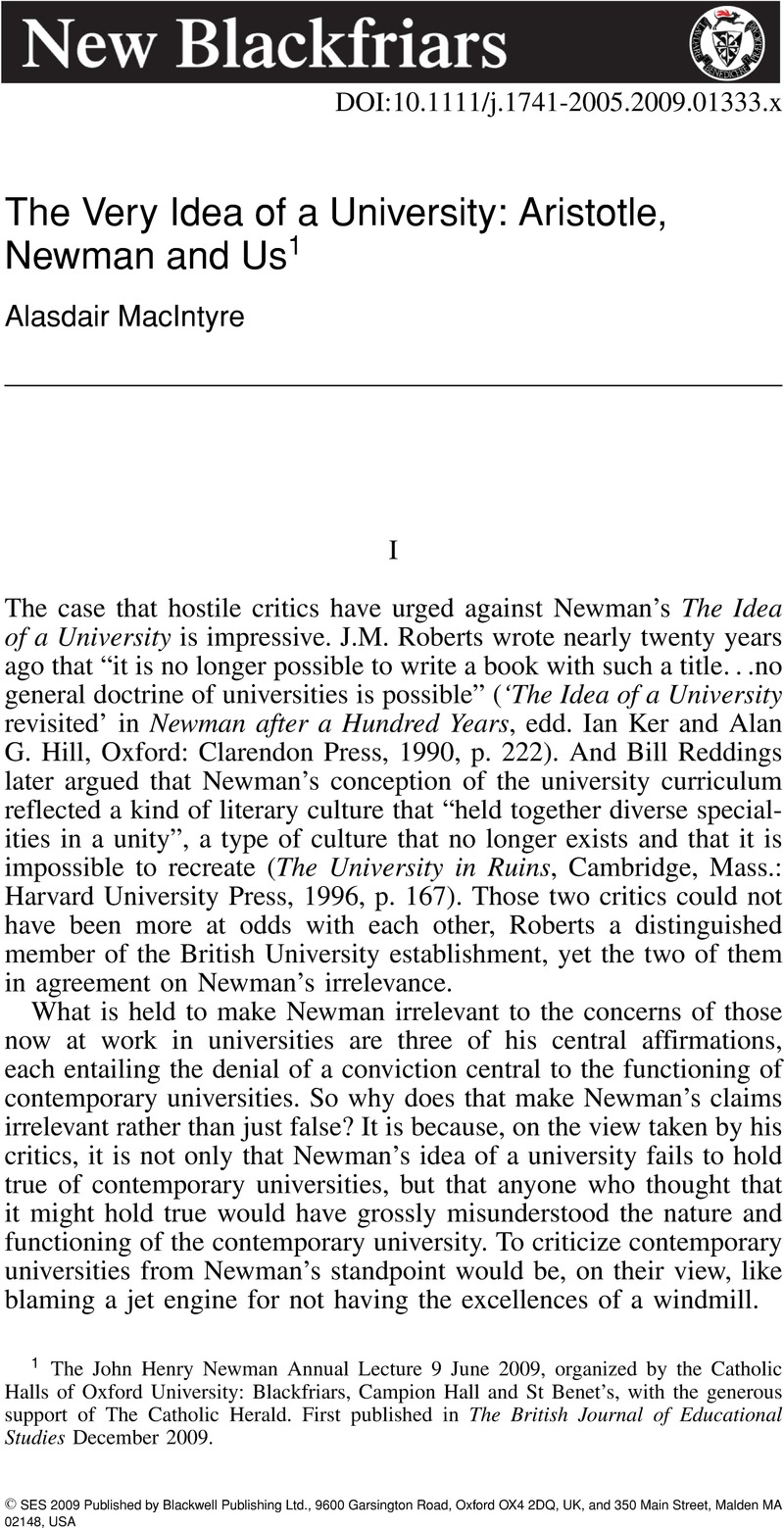Crossref Citations
This article has been cited by the following publications. This list is generated based on data provided by Crossref.
Monge, Rosemarie
and
Naughton, Michael
2015.
Handbook of Virtue Ethics in Business and Management.
p.
1.
Naughton, Michael
2015.
Handbook of Virtue Ethics in Business and Management.
p.
1.
O'Reilly, Kevin E.
2017.
University Education Construed in the Light of Faith.
New Blackfriars,
Vol. 98,
Issue. 1076,
p.
373.
Naughton, Michael
2017.
Handbook of Virtue Ethics in Business and Management.
p.
189.
Monge, Rosemarie
and
Naughton, Michael
2017.
Handbook of Virtue Ethics in Business and Management.
p.
929.
Mora, Juan Manuel
and
La Porte, José María
2024.
Relevance of universities in a complex context: Purpose and identity as strategic and inspirational elements of institutional communication.
Church, Communication and Culture,
Vol. 9,
Issue. 2,
p.
435.
Wicks, Peter
2024.
MacIntyre and the Practice of Governing Institutions.
Vol. 1,
Issue. ,
p.
73.



